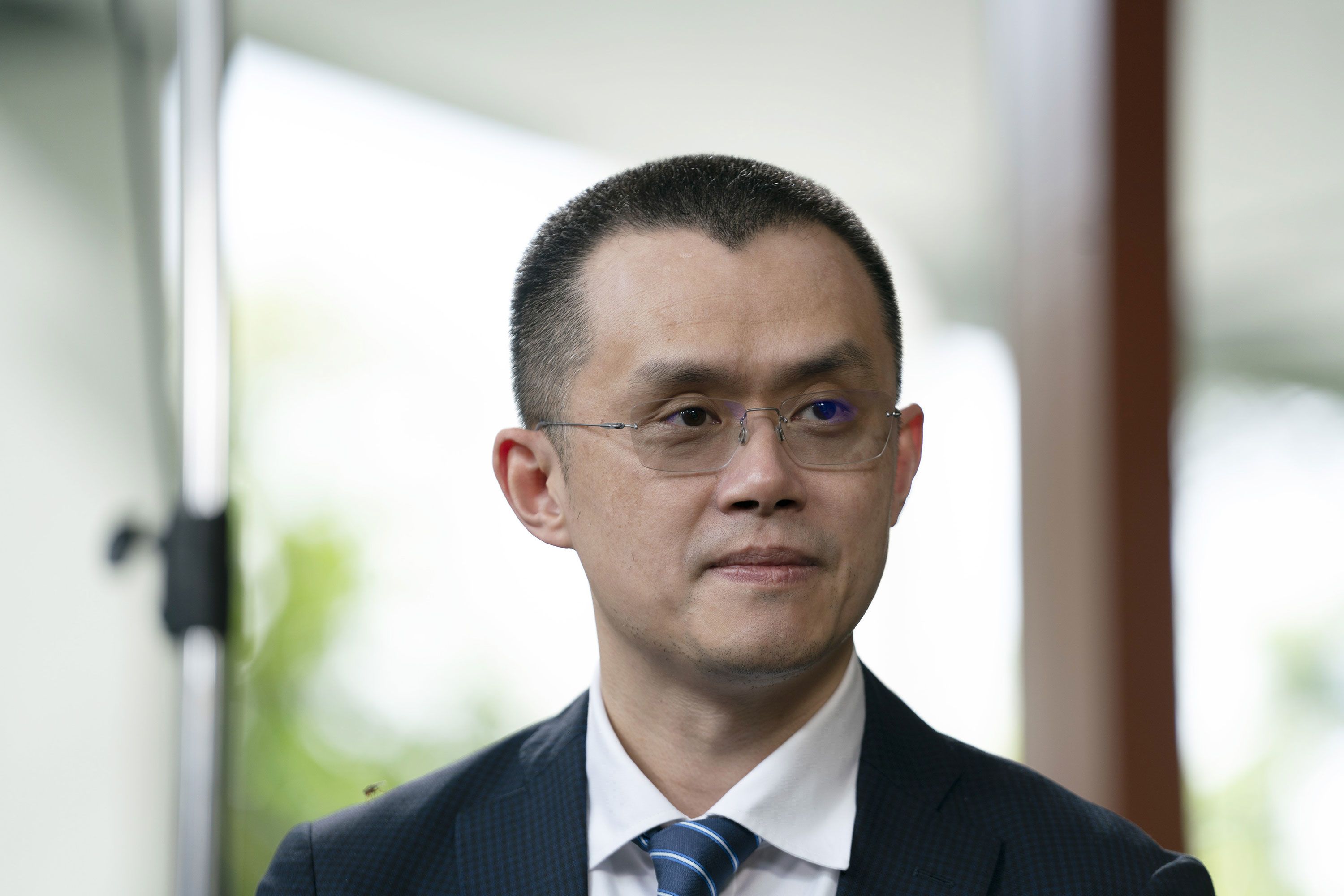Changpeng Zhao Denies Role in Launching Crypto Friendly Private Bank in Kyrgyzstan
Changpeng Zhao Denies Role in Launching Crypto Friendly Private Bank in Kyrgyzstan
By
Junia Wells
Last updated:
November 3, 2025
First Published:
December 2, 2025

Photo: CNN
Rumors Stir in the Crypto Community
Recent headlines sparked curiosity when reports surfaced suggesting that Changpeng Zhao, the cofounder and former CEO of Binance, was involved in establishing a private crypto friendly bank in Kyrgyzstan. The news spread quickly across social media and industry forums, fueling speculation about Zhao’s continued influence in global digital finance after stepping back from his executive role. However, Zhao has firmly denied any involvement in the venture, describing the rumors as entirely baseless.
The Source of the Speculation
The story originated from a local business outlet that claimed a new bank with a digital asset focus had received support from international investors connected to Binance. The report cited unnamed sources and vague documentation, which gave the impression that Zhao might have played an advisory or financial role. The claim gained traction due to Zhao’s known interest in blockchain infrastructure and his history of expanding crypto ecosystems in emerging markets.
Zhao’s Official Response
In response to the circulating reports, Zhao took to social media to clarify his stance. He stated that he has no personal or professional involvement in any Kyrgyz banking initiative and that the news was “completely fabricated.” He also emphasized that while he remains an advocate for global crypto adoption, he is not currently engaged in launching or funding new financial institutions in any country. His statement aimed to put an end to the misinformation before it could damage reputations or mislead investors.
Why Kyrgyzstan Entered the Spotlight
Kyrgyzstan has recently emerged as a notable point of interest for blockchain and fintech innovation. The country’s government has been exploring ways to attract investment into the digital finance sector, including the possibility of creating crypto-friendly regulations. Given the nation’s growing interest in financial modernization, it is not surprising that the rumor of a high-profile crypto bank quickly gained attention.
The Appeal of Crypto Banking in Central Asia
The idea of a crypto friendly bank in Kyrgyzstan resonates with a broader regional trend. Many Central Asian nations are seeking to diversify their economies and attract digital investment. Crypto banking offers a potential path to modernize payment systems, promote cross-border trade, and integrate blockchain technology into financial governance. This regional ambition made the rumor surrounding Zhao’s alleged involvement seem plausible, even without verifiable evidence.
The Broader Context of Binance’s Legacy
Although Zhao has distanced himself from operational leadership, Binance’s influence continues to shape global crypto policy discussions. The company has faced regulatory challenges in multiple jurisdictions but remains one of the most powerful forces in digital asset trading. As a result, any hint of Zhao’s participation in a new project tends to attract public attention, whether justified or not.
Media Responsibility and Misinformation Risks
This incident also underscores a growing issue in the digital asset industry—the rapid spread of unverified information. Crypto markets are notoriously reactive, and even unconfirmed stories can cause price swings or reputational damage. Industry observers are urging journalists and influencers to exercise greater caution before publishing claims about high-profile figures, especially when financial stakes are involved.
The Importance of Clear Communication
Zhao’s swift response highlights the importance of transparency and direct communication in the modern crypto landscape. With misinformation spreading faster than ever, clear statements from credible figures can help maintain public trust. His denial also reaffirms a broader principle within the industry: leadership accountability does not end with corporate exits but continues through responsible communication.
How the Story Reflects Industry Maturity
This controversy, while brief, reflects the maturing nature of the cryptocurrency sector. A few years ago, such rumors might have fueled speculative trading or unverified partnerships. Today, the community’s response has been more measured, demonstrating an increasing demand for factual reporting and verifiable sources. It shows that both investors and regulators are becoming more discerning about what constitutes credible information.
Looking Ahead for Kyrgyzstan’s Crypto Ambitions
Regardless of Zhao’s noninvolvement, Kyrgyzstan’s interest in blockchain finance is genuine and ongoing. The nation’s central bank has expressed interest in digital asset integration, and several private initiatives are exploring token-based solutions for remittances and trade. Whether or not the rumored crypto bank materializes, the region’s growing engagement with digital finance suggests that Central Asia could soon become a more active participant in the global crypto economy.
Popular articles
Subscribe to unlock premium content
Disney’s Timeless Magic and How the Entertainment Giant Continues to Shape Culture and Innovation

Imran Khan’s Economic Missteps Amid Political Chaos in Pakistan

The Philippines’ Digital Shift How Remittances and BPO Are Fueling Growth

Disney’s Timeless Magic and How the Entertainment Giant Continues to Shape Culture and Innovation

Imran Khan’s Economic Missteps Amid Political Chaos in Pakistan

Disney’s Timeless Magic and How the Entertainment Giant Continues to Shape Culture and Innovation









